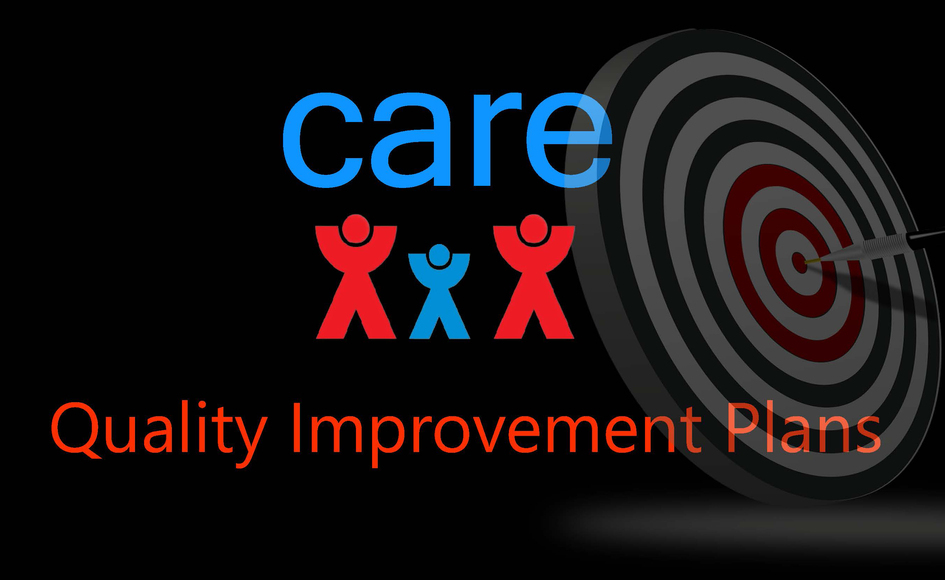Setting goals, because we CARE
Andrea Nicholl -
May 16, 2024

At Ranch Ehrlo, we are continually working to improve programs and enhance participant experience.
Ranch Ehrlo Society first implemented Children And Residential Experience (CARE) in 2017 and has since made a concerted effort to integrate CARE’s philosophies into its daily work.
CARE is a multilevel program aimed at improving services for youth and adults in care. The following six CARE principles guide our work and prioritize our participants every day:
-
developmentally focused
-
family involved
-
relationship based
-
trauma informed
-
competence centered
-
ecologically oriented
We understand that without implementation and program integration, these important principles are merely ideologies. And so, the agency has established a process whereby programs participate in bi-annual CARE Quality Improvement Plans to establish and evaluate CARE-oriented goals and outcomes.
Teams recently reviewed the CARE-based targets they established in fall 2023 to determine whether goals were fully achieved, partially achieved, or unmet.
According to the data collected, 93 per cent of goals were rated as completed or partially completed. Only six per cent of targets were assessed as “not yet met”. These partial and incomplete notations were most attributed to ongoing target efforts.
“I’m pleased, this spring, to note many programs have made great success,” said Jennifer Murray, QI consultant. “Not in goal realization necessarily, but in the documentation of the steps toward achieving success.”
Integrating CARE into our work is an ongoing, daily effort on all agency levels. It’s through this goal-setting process that accountability can be achieved, efforts can be celebrated, and results can be used to identify future program improvements.
How CARE is being integrated into daily routines and group living environments, as shared by program teams
Family involved: Care team assists participants and family members in planning and supporting face-to-face interactions ranging from supported coffee outings and in-program/in-home visits to visits in the community or family home.
Relationship based: One-on-one community outings are planned for each participant twice per month. These outings are an opportunity to build shared experience, connection, and rapport between staff and participants.
Competence centered: One team is utilizing opportunities to support dysregulated children by learning alternate and varied approaches to better meet individual needs and to address challenging behaviours.
Developmentally focused: An elder is visiting one of the homes and will continue to do so until the end of the school year. Cultural items (smudging kits, books, etc.) are provided and now available in the home. Efforts have also increased to engage in more cultural community activities such as powwow, drumming, and beading.
Ecologically oriented: Updated staff and youth photos are displayed in the home, and youth can decorate their bedrooms how they wish. The program has created shared spaces that model a more “home like” environment and has developed a functional rec space in the basement where kids can relax and play.
Trauma informed: New and additional resources have been provided to staff to add perspective and offer new strategies to better support children with trauma backgrounds. This has helped support children with complex needs.
All News


